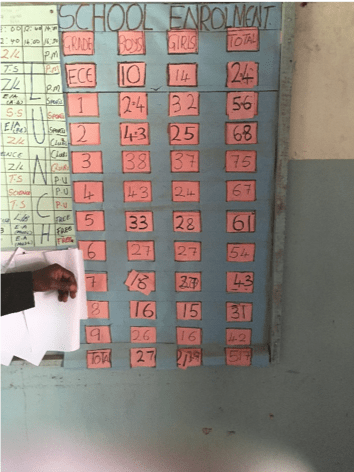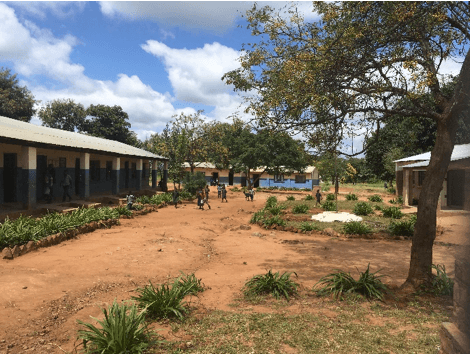Written by Guido Miani, the Technical Team Assistant who conducted PEAS’ Zambia land research in 2018
At PEAS, our aim is to expand access to quality secondary education for children in Sub-Saharan Africa. Over the last 10 years, PEAS has created over 17,000 new secondary school places in underserved communities in Uganda and Zambia. To reach children without access to secondary school, PEAS builds and runs high-quality schools in communities where secondary education is needed most. To identify locations for future PEAS schools, PEAS works closely with local stakeholders and government to carry out Land Research. PEAS’ Land Research process aims to identify communities with urgent unmet demand for secondary school.
What are we looking for during Land Research?
When selecting a location for a future PEAS school, we consider three things: 1) the demand for secondary education, 2) proximity of nearby primary schools, and 3) availability of land. In particular, we look for the following:
- There should be a high need for secondary education. This means that there should be about 250 students graduating primary school without a secondary school to attend (because of distance, costs and enrolment cut-off points, etc.)
- These students should be currently enrolled in primary schools located within walking distance from the prospective school site
- An unoccupied piece of land of at least 5 hectares, which the community or the local council is willing to donate or sell, should be available.

To ensure that we select a location for a future PEAS school that will benefit as many children as possible, we work closely with the Ugandan and Zambian governments. First, the national governments recommend specific provinces/districts where there is a particularly high need for secondary education. Then, local governments share helpful data and information on primary school enrolment and completion figures and planned developments in a particular community to help us identify possible sites where a PEAS school will have the greatest impact. Lastly, we work with local education stakeholders (school leaders, teachers, and community members) to understand community-level barriers to educational access and completion.
Land research is a process that is fundamental to PEAS’ work as it ensures that building a PEAS school will expand access to secondary education rather than compete with existing schools.
The most recent PEAS land research was carried out by our Technical Team Assistant, Guido Miani, in Zambia. Guido was looking for a suitable site for PEAS’ fifth school in Zambia.

“PEAS land research is a highly structured and critical process. One key aspect which can be overlooked is the opportunity to engage with local school leaders and education officials. It is critical to establish positive and collaborative relations in the local community from Day one.”– Guido Miani